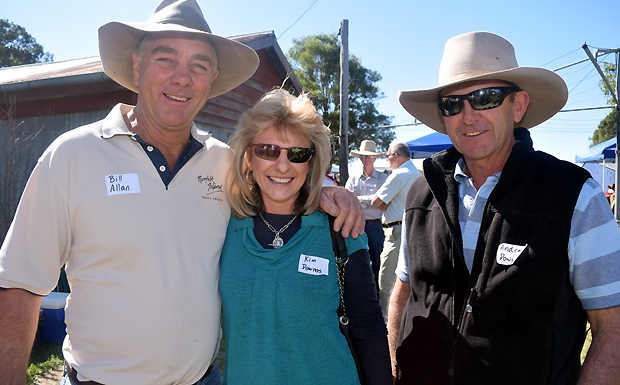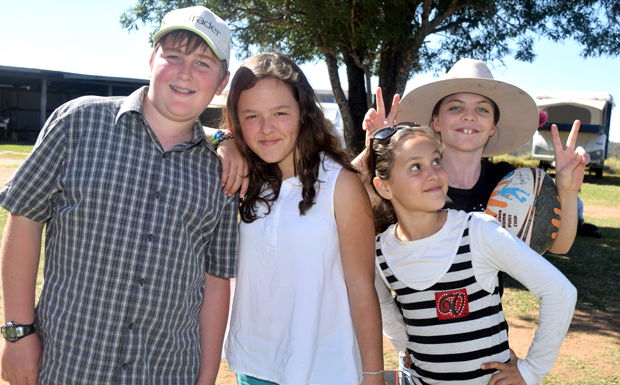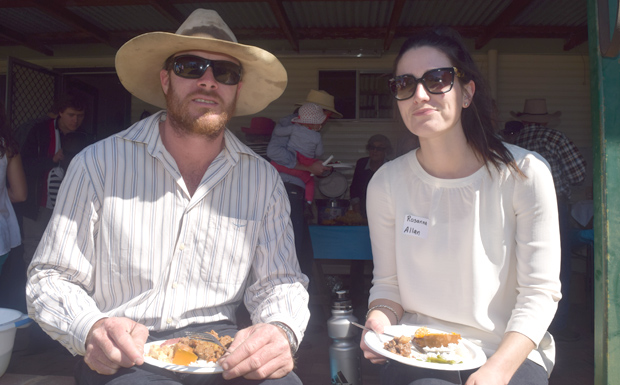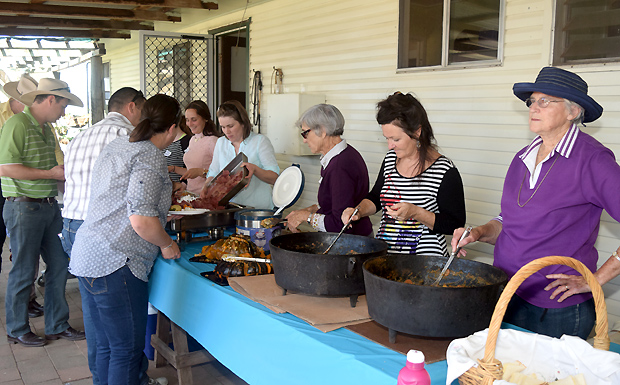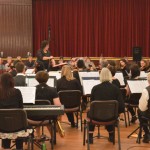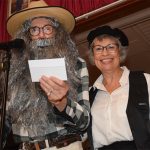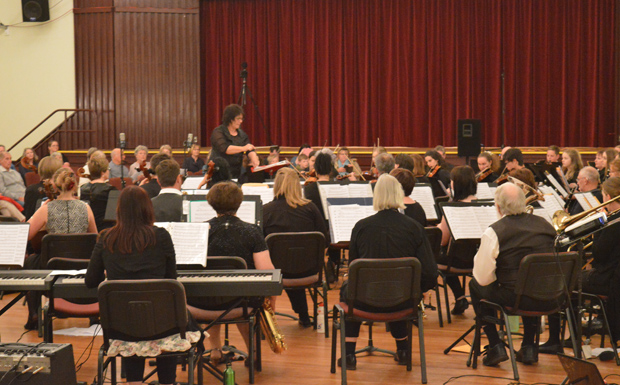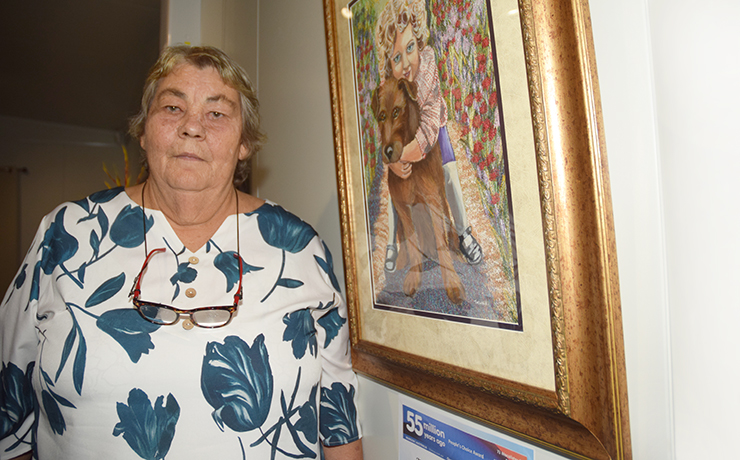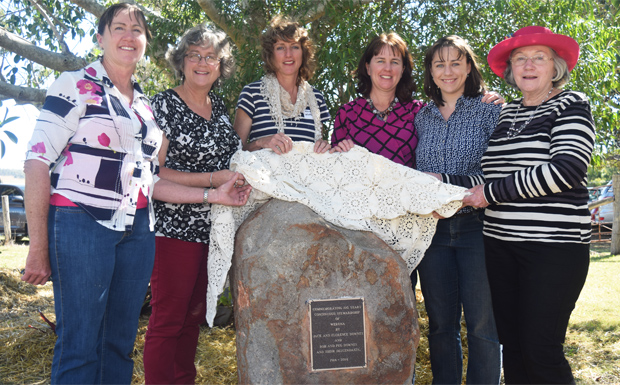
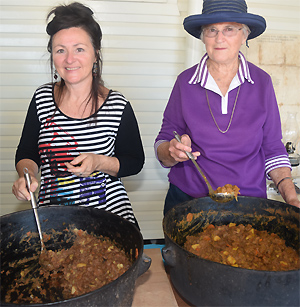
September 3, 2014
A hundred years of pioneering in the Ironpot area was remembered on Saturday when about 170 relatives and friends gathered at the Downes family’s “Werona” property to celebrate the farm’s centenary.
Guests enjoyed an old-fashioned camp oven lunch and dessert under tents set up in the grounds; inspected displays of historical records, World War I uniforms and artefacts from the farm’s archives; and renewed acquaintances – some recent, and others that stretched back over decades.
Guests were told Werona means “a quiet place”.
The property was originally acquired by turbulent Kingaroy Herald proprietor Archibald Blue in the original release of allotments in the Burrandowan, Chahpingah and Ironpot areas more than 100 years ago.
In 1914, Jack (John) Downes came to an agreement with Blue to buy the 780 acre property for about 300 pounds.
In order to make the sale transfer effective under the rules that existed at the time, though, Jack had to live on the property for several months before he could apply for transfer of ownership.
So the actual property settlement documents weren’t signed until March 1, 1915.
But just three and a half months later – with World War I raging on the other side of the planet – Jack enlisted in the Australian forces as an infantryman.
He left Melbourne on a troop ship in November 1915, spending several months in Egypt before being transferred to the battlefields of France.
And just a year later, in July 1916, Jack found himself embroiled in the Battle of Fromelles (a battle the Australian War Memorial describes as “the worst 24 hours in Australia’s entire history”) and was taken as a prisoner of war by German forces.
Initially his whereabouts weren’t known and he was presumed dead. It wasn’t until after a memorial service was held at Bell that news reached his parents that he was alive.
After the war ended, Jack was repatriated to England in December 1918 and finally returned to Brisbane in July 1919.
Werona, at that time, was still mostly dense scrub country.
So when Jack returned, he had to begin the long, arduous process of building fences and dams and clearing the scrub that covered most of the Ironpot area at that time.
In 1921 he purchased his first 64 cattle, beginning a long tradition of grazing and occasional small cropping that persists on the property to this day.
In 1931, Jack married Florence Thompson – a nurse who was working at St Aubyn’s Hospital in Kingaroy. The couple had two sons, James and Bob.
James went on to become an electrical engineer, living in Brisbane until he died at the age of 53.
But Bob, who died in February this year at the age of 79, remained on the farm and went on to become a long-serving councillor (and ultimately Chairman) of the former Kingaroy Shire Council in a local government career that spanned more than 27 years.
The property’s original homestead, which faced south-east over Sandy Creek, was demolished 40 years ago to be replaced by the current homestead about 50m away, which faces south-west.
At Saturday’s celebrations, Bob’s widow Peg and the couple’s five daughters Julie, Robyn, Wendy, Mary-Anne and Katrina, unveiled a ceremonial stone and plaque in Werona’s grounds to commemorate the family’s century of ownership.
The plaque faces east to catch the rising sun each morning.
Related articles:
